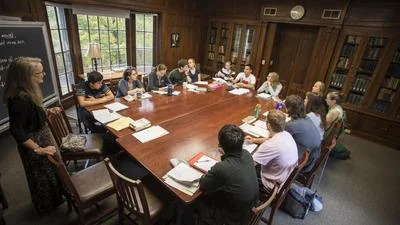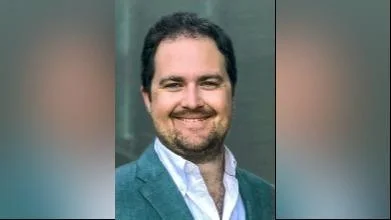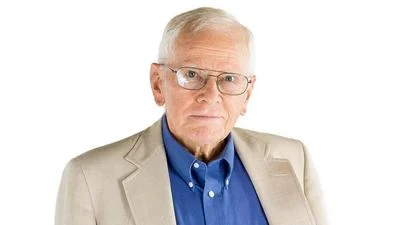Seven years after he helped start Mount Vernon, city founding father Joseph Walker organized a volunteer company to fight for the United States in the War of 1812.
On Nov. 1, 1812, according A.B. Norton's A History of Knox County, 1779-1862, Walker's company met back in Mount Vernon, after returning from the lost Battle of Monguagon that August, in which the U.S. Army General William Hull surrendered Fort Detroit to the British.
It included 42 Knox County men who would be part of the 300-man 4th United States Infantry Regiment, which had just been formed three years earlier.
"The company rendezvoused at Urbana (Ohio) with regiments of Col. (Duncan) McArthur and Col. (James) Findlay, of (Gen.) Hull's brigade, and from thence marched to Detroit," wrote Norton. "They were piloted on an Indian trail to Detroit, by roads which were cut out from the Scioto to the Maumee, and from there to French Creek and River Raisin, etc., following trails."
Regular U.S. Army troops were taken as prisoners of war by the British, but volunteers were sent back to their homes in Michigan and Ohio.
Walker's company returned home "by way of Greentown," Norton wrote.
The volunteer soldiers in Mount Vernon included Walker, Robert Montgomery Brown, Samuel Everett, John Elliott, George Dickinson, John Barney, Josiah Trimbly, Archibald Crawford, Lewis Grindstaff, Peter Kyle, Abram Emmett, Alexander Walker, Rivenus Newel, Samuel Yoman, Philip Walker, Daniel Swagert, Michael Barton, Robert Davidson, Emanuel Hawn, Jacob Wolf, Andrew Welker, Adam Lynn, John Smith, Powel Welker, Michael Davis, Harley Strong, Paris Sprague, Nicholas Kyle, Alexander Enos, Isaac Rogers, William Wallace, John H. Wefford, Joseph King, Rawley Clark, James Wood, John Ryan, Henry Clemmens, John Sunderland, John McConnell, David Elwell, Henry Clemmens and Benjamin Simpkins.
Clark was listed as a "fifer" or a non-combatant who plays the fife during combat. Clemmens was listed as a "drummer." Infantry in the early 1800s used the instruments as a melodic communication system that helped them communicate during the chaos of battle.
Hull was first governor of Michigan territory, appointed by President Thomas Jefferson. He was a Revolutionary War veteran who had controversially surrendered the
Findlay was a leading merchant in Cincinnati who served as its mayor from 1804-1811, when its population was less than 2,000.
McArthur, of Chillicothe, was a state senator who later served in the U.S. House (1823-25) and as governor of Ohio (1830-32).
The 4th Infantry remains on active duty. It has one battalion in Germany and one attached to the 10th Mountain Division based at Fort Drum, New York.







